As the holiday season rolls around, people are seeking comfort in watching their favorite Christmas movies to get into the spirit of the season.
But while some of the perennial classics have stood the test of time, not all of them have aged well.
The director of a very popular Christmas movie from the early 2000s admitted his film is outdated–particularly when it comes to representation.
Richard Curtis, who wrote and directed Love Actually, reflected on the 2003 cult favorite on the occasion of its 20th anniversary in The Laughter & Secrets of Love Actually: 20 Years Later.
He expressed one regret that retrospectively made him feel "a bit stupid."
Curtis is known for writing romantic comedies like Four Weddings and a Funeral (1994), Notting Hill (1999), and Bridget Jones's Diary (2001).
He told ABC's Diane Sawyer:
"There are things you'd change but, thank God, society is changing, so my film is bound, in some moments, to feel out of date."
While the movie had a lot of heart and has become somewhat of a Christmas staple, Curtis acknowledged that it might not connect with every viewer watching it for the first time today.
He continued:
"The lack of diversity makes me feel uncomfortable and a bit stupid."
"You know, I think there are sort of three plots that have sort of bosses and people who work for them."
You can watch him address this in the clip below.
Why The 'Love Actually' Creator Feels 'A Bit Stupid' About The Filmyoutu.be
Love Actually featured ten interconnected storylines showing different aspects of love, friendships and familial relationships taking place in London, playing out in a five week countdown towards a climactic Christmas finale.
The film was led by a predominantly White cast–including accomplished British actors Emma Thompson, Hugh Grant, Alan Rickman, Keira Knightly, Colin Firth, Liam Neeson and Rowan Atkinson.
Critics initially gave the film mixed reviews, while audiences at the time embraced it and made it an annual tradition for revisiting during the holiday season.
In 2018, Love Actually found itself at the center of customer complaints centered on digital marketing.
Netflix subscribers called out the streaming platform for targeting certain audience demographics to watch films according to their race or ethnicity.
For example, Black viewers saw the film's description featuring Chiwetel Ejiofor–the only main actor who was a person of color in Love Actually–was misleading given he had a small role in the film.
While Hollywood has taken small strides in improving representation in commercial films, they still have a ways to go.
Love Actually does not feature any characters who are LGBTQ+, but a scene featuring Anne Reid and Frances de la Tour as lovers was filmed and inevitably removed from the final cut.
Curtis added:
“There is such extraordinary love that goes on every minute in so many ways, all the way around the world, and makes me wish my film was better.”

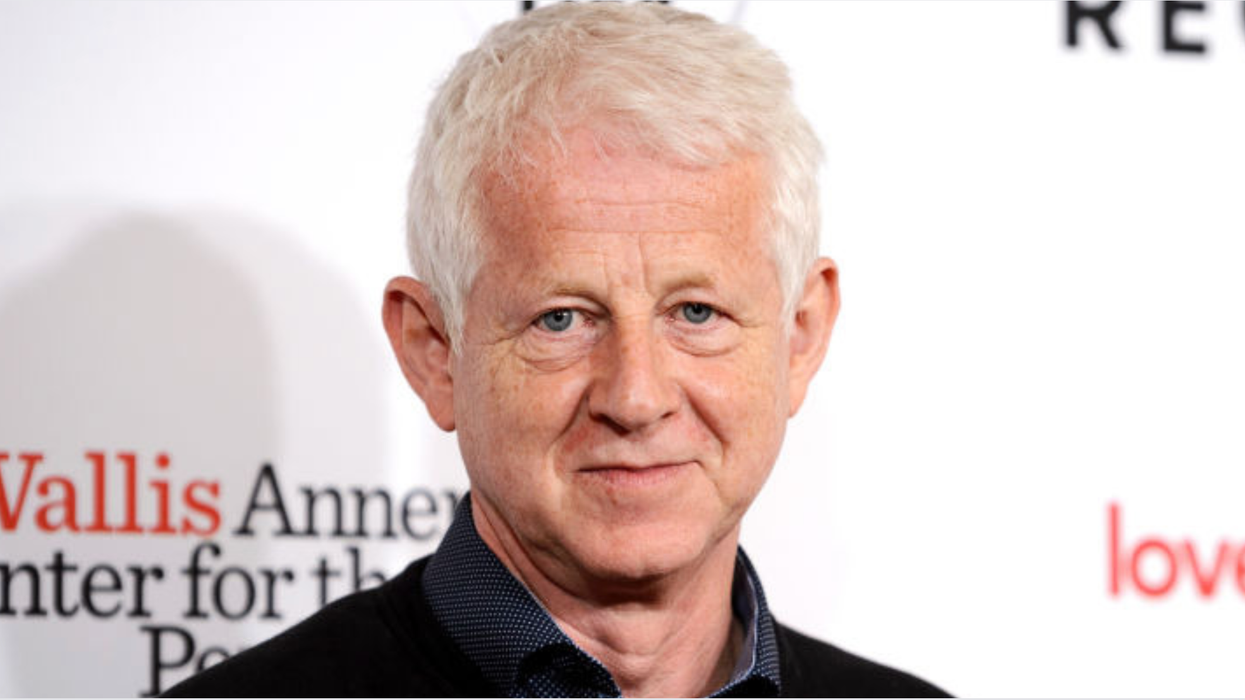












 Awkward Pena GIF by Luis Ricardo
Awkward Pena GIF by Luis Ricardo  Community Facebook GIF by Social Media Tools
Community Facebook GIF by Social Media Tools  Angry Good News GIF
Angry Good News GIF 
 Angry Cry Baby GIF by Maryanne Chisholm - MCArtist
Angry Cry Baby GIF by Maryanne Chisholm - MCArtist 
 @adriana.kms/TikTok
@adriana.kms/TikTok @mossmouse/TikTok
@mossmouse/TikTok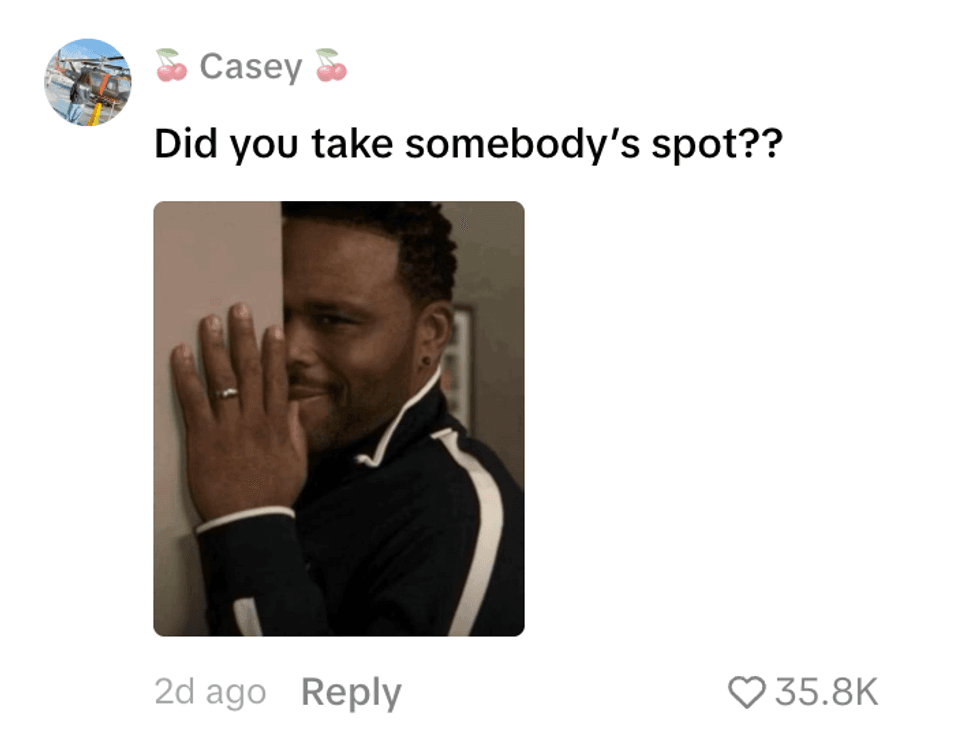 @im.key05/TikTok
@im.key05/TikTok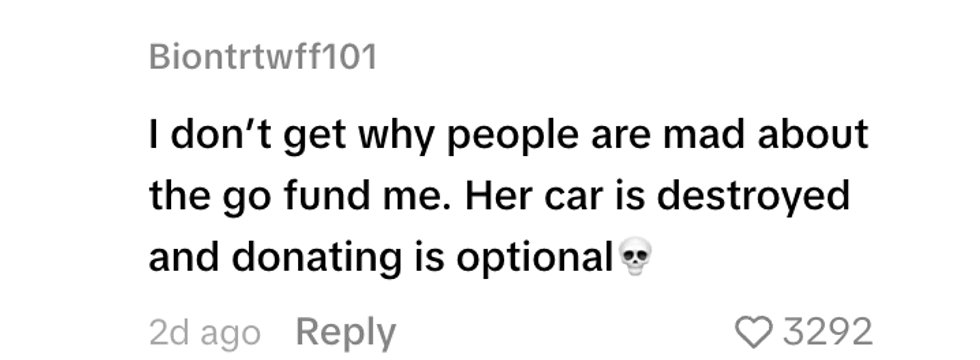 @biontrtwff101/TikTok
@biontrtwff101/TikTok @likebrifr/TikTok
@likebrifr/TikTok @itsashrashel/TikTok
@itsashrashel/TikTok @ur_not_natalie/TikTok
@ur_not_natalie/TikTok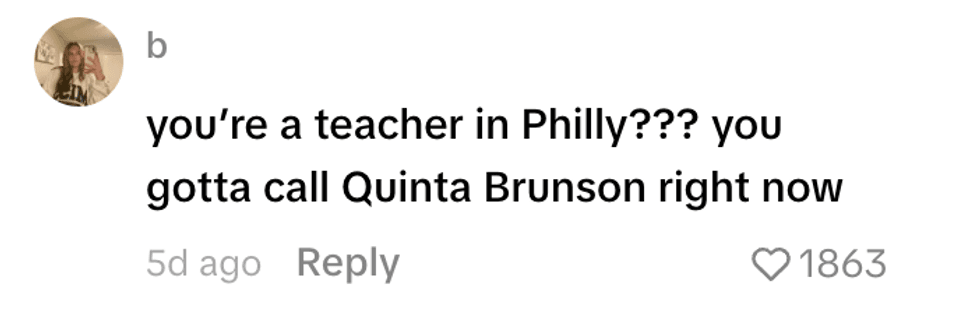 @rbaileyrobertson/TikTok
@rbaileyrobertson/TikTok @xo.promisenat20/TikTok
@xo.promisenat20/TikTok @weelittlelandonorris/TikTok
@weelittlelandonorris/TikTok @katiebullit/TikTok
@katiebullit/TikTok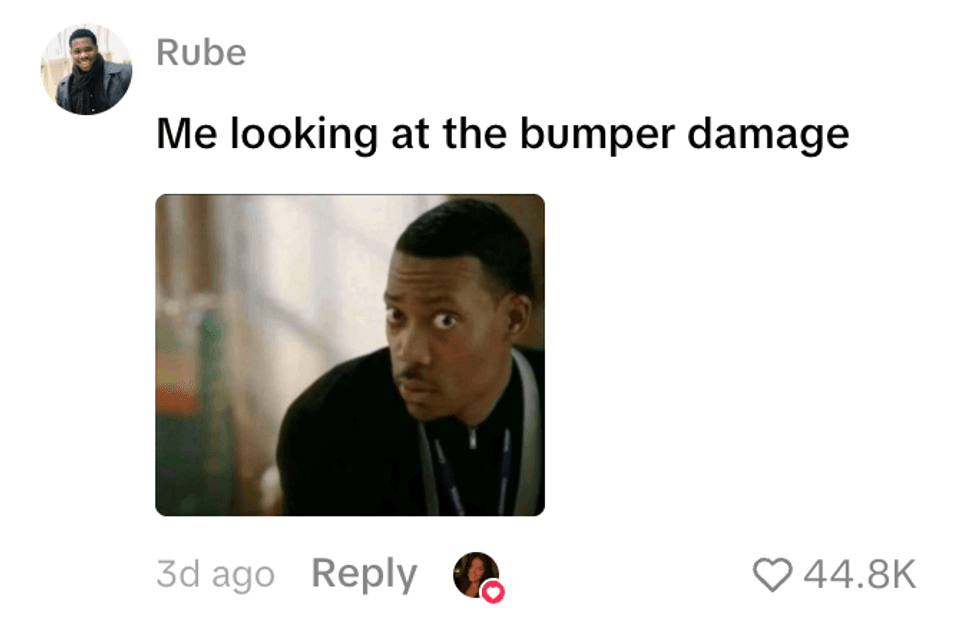 @rube59815/TikTok
@rube59815/TikTok
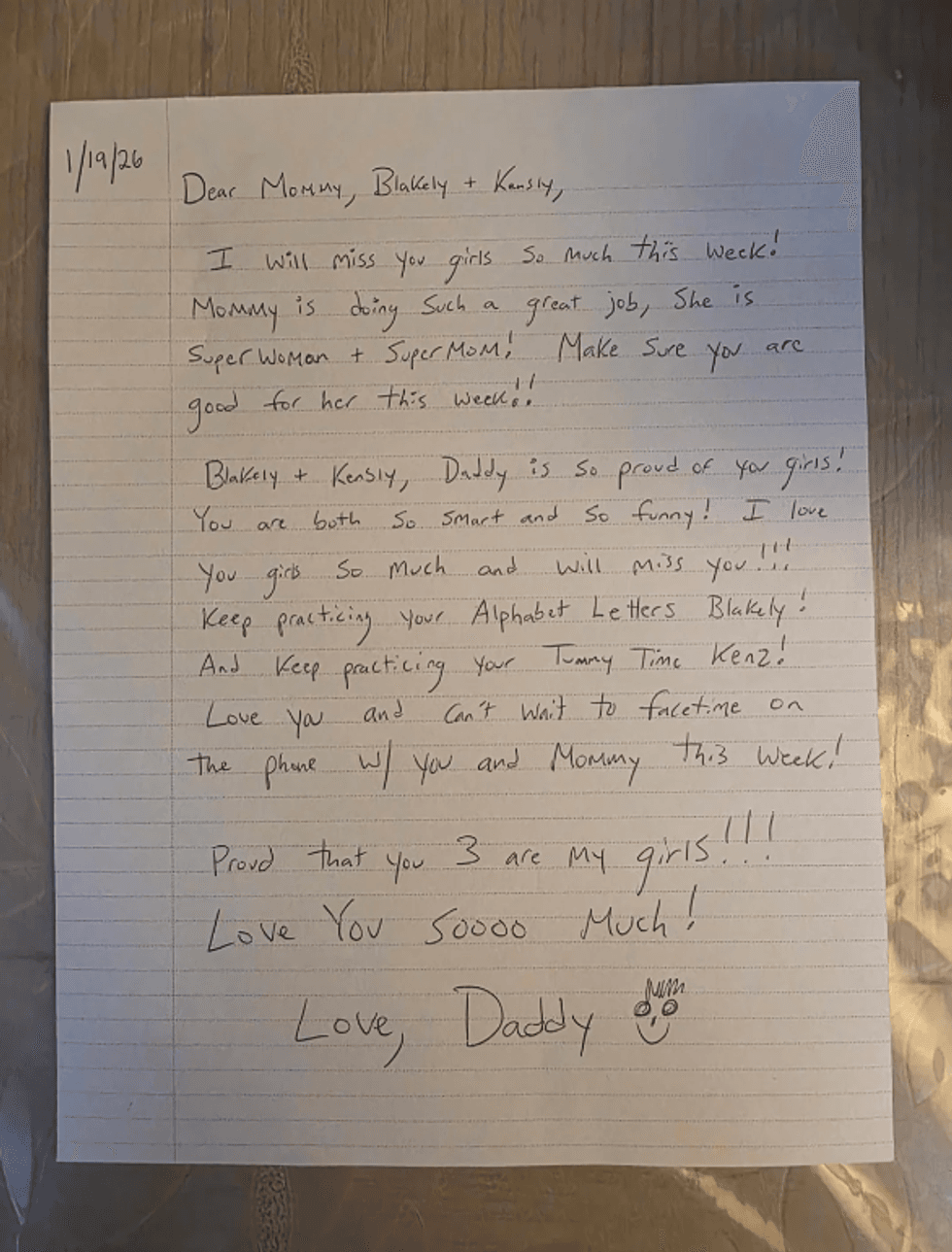 u/Fit_Bowl_7313/Reddit
u/Fit_Bowl_7313/Reddit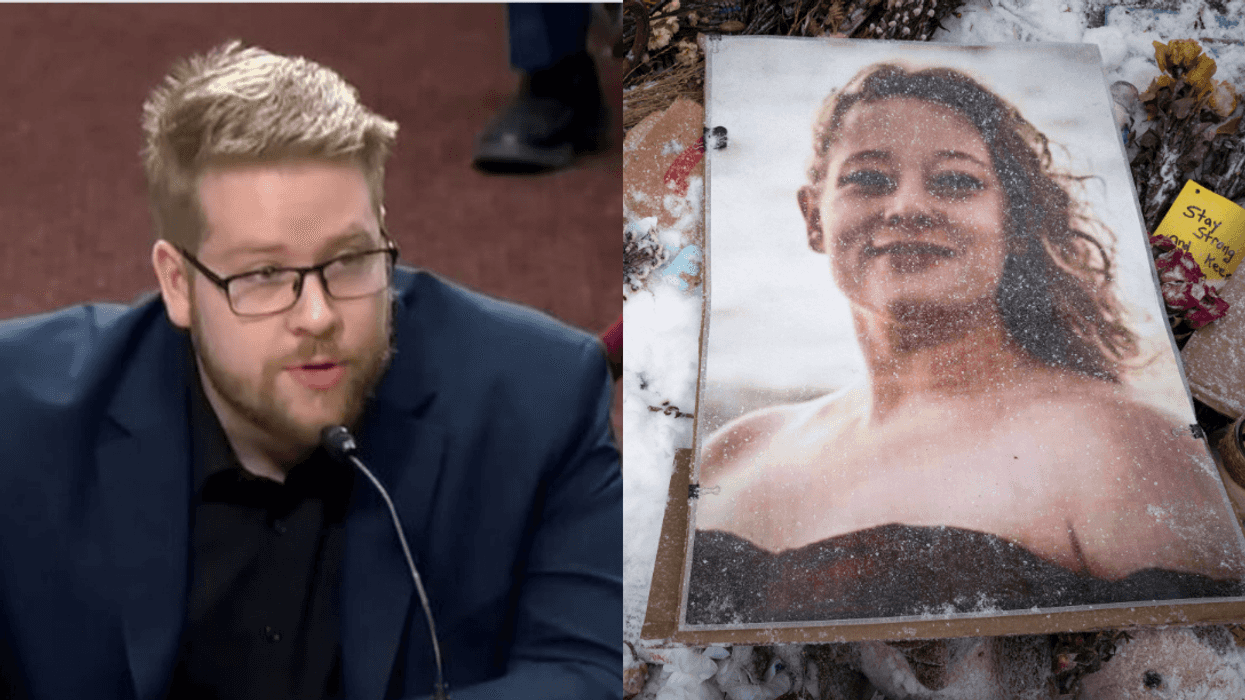
 @meteorblades/Bluesky
@meteorblades/Bluesky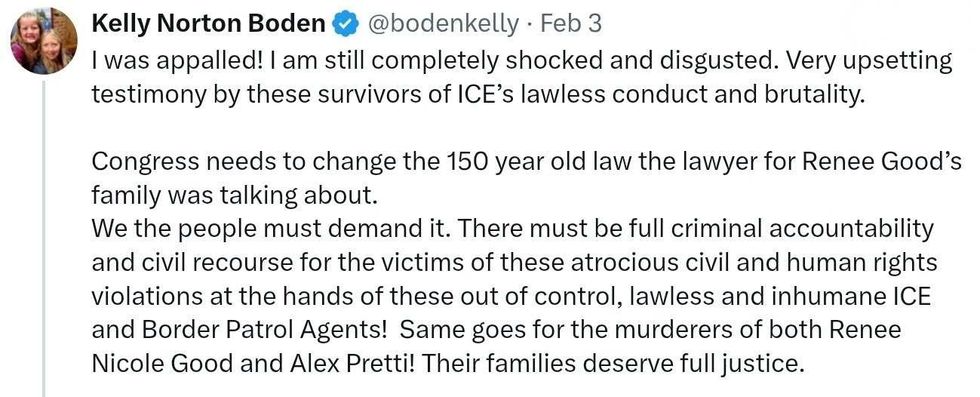 @bodenkelly/X
@bodenkelly/X